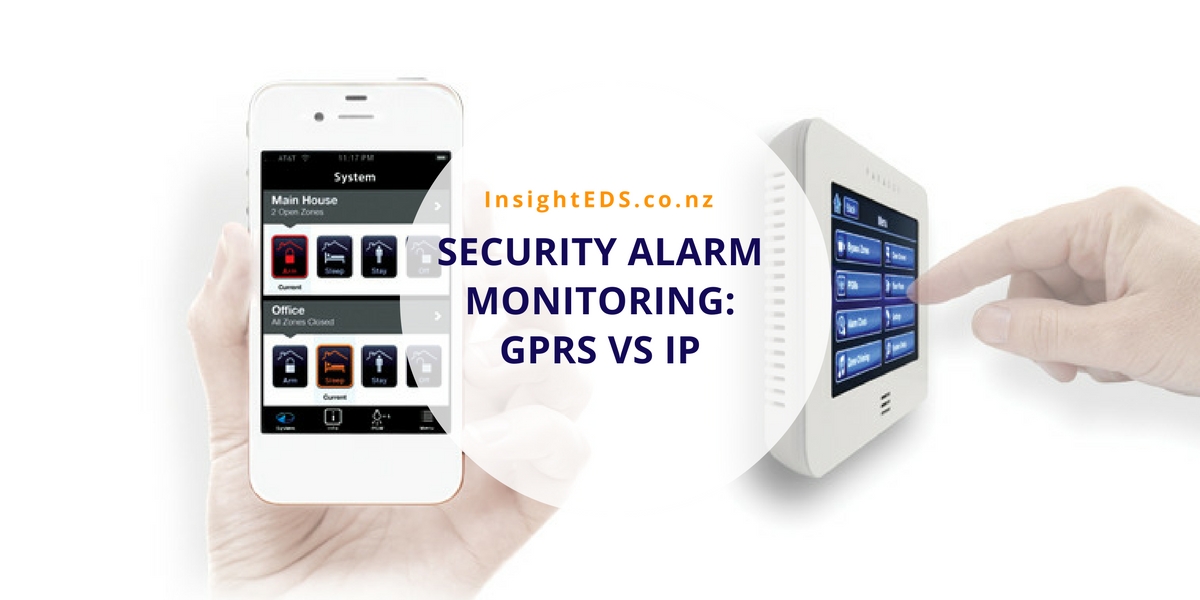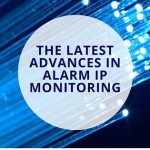Chorus has confirmed it has started the roll out of withdrawal of the copper network. They are adopting a local level approach where customers will be notified in writing 6 months prior. How will this affect your security alarm monitoring and what options are available for you?
GPRS and IP are two types of security alarm monitoring that don’t require the use of a standard analogue copper phone line.
GPRS monitoring uses mobile service providers, and IP monitoring uses the internet and your existing internet connection.
If your existing security alarm is a relatively new model, it will work using either the GPRS monitoring solution or the IP monitoring solution.
GPRS monitoring can be a more secure option for your alarm system because even if the phone line and power are down, the security system can still communicate back to the monitoring station using the mobile network.
IP monitoring will also continue to work so long as your internet connection continues to work, using a back up battery or UPS.
Check out the main points and differences of both types of security alarm monitoring below.
What Are The Benefits And Downsides Of GPRS Security Alarm Monitoring?
BENEFITS:
- Continuous 24 hour monitoring using the mobile GPRS network to send signals.
- Roams from one mobile service provider to another in the event of an outage, or any other technical difficulty.
- No more phone lines or broadband connections are required for monitoring.
- Compatible with most existing alarm systems and is recognised by insurance companies.
- Affordable alarm communication system. It has fixed monthly costs but you won’t require a mobile account as the data connect cost is built into our monthly monitoring fee.
- Can run off 12 volt battery backed up supply and is not affected by changes to your local network.
- Cannot be easily tampered with and cutting the phone line will not stop it working.
- 3G/4G/5G can allow remote access
- Some 3G/4G routers and GPRS units can take two sims so you can back up onto another mobile network.
- If you are monitoring your rental property, you won’t have any problems with tenants that do not have land lines or internet connections.
- Don’t have to keep an internet or phone connection going when house or business is vacant.
DOWNSIDES:
- GPRS monitoring requires a mobile phone connection – you will require a separate module.
- Using GPRS for monitoring has a slightly higher monthly charge then IP as all your data transmission is included. If you are supplying the SIM required for this to work, the cost of the SIM.
What Are The Benefits And Downsides Of IP Security Alarm Monitoring?
BENEFITS:
- IP monitoring occurs via your internet connection. It uses your existing bandwidth and data plan so there are no additional monthly costs and, most importantly, no more analogue phone line.
- Compatible with most alarm types.
- Using fibre, VDSL, 3G, 4G, 5G or ADSL for reporting means signals get to monitoring faster and depending on monitoring setup, reporting that the system is working and connected multiple times a day.
- Hard wired advantages:
- Using a hard wired solution (fibre/VDSL/ADSL) will mean that you will most likely have the ability to have remote access to your system. Fibre network is very reliable.
- You could also get a Router that can backup via 3G, 4G or 5G to ensure you keep your network connection and therefore monitoring working.
- Sits in the back of your alarm panel. Does not require a phone line but will need to be connected to your internet connection.
DOWNSIDES:
- With fibre, or IP monitoring you will have two additional devices that you will need to provide power protection to via a UPS. If the Spark router and your ISP routers are in two different places you will need two UPS devices. What do we mean by power protection? And why a UPS? Well it’s because your alarm signals are going through these devices to get to monitoring and if the power is off it will not work.
- You also may have multiple devices connected to a router or switch where your alarm is connected which means there is a possibility it can be unplugged.
- If you change your internet service provider (ISP), you will need to reconfigure the alarm connection.







